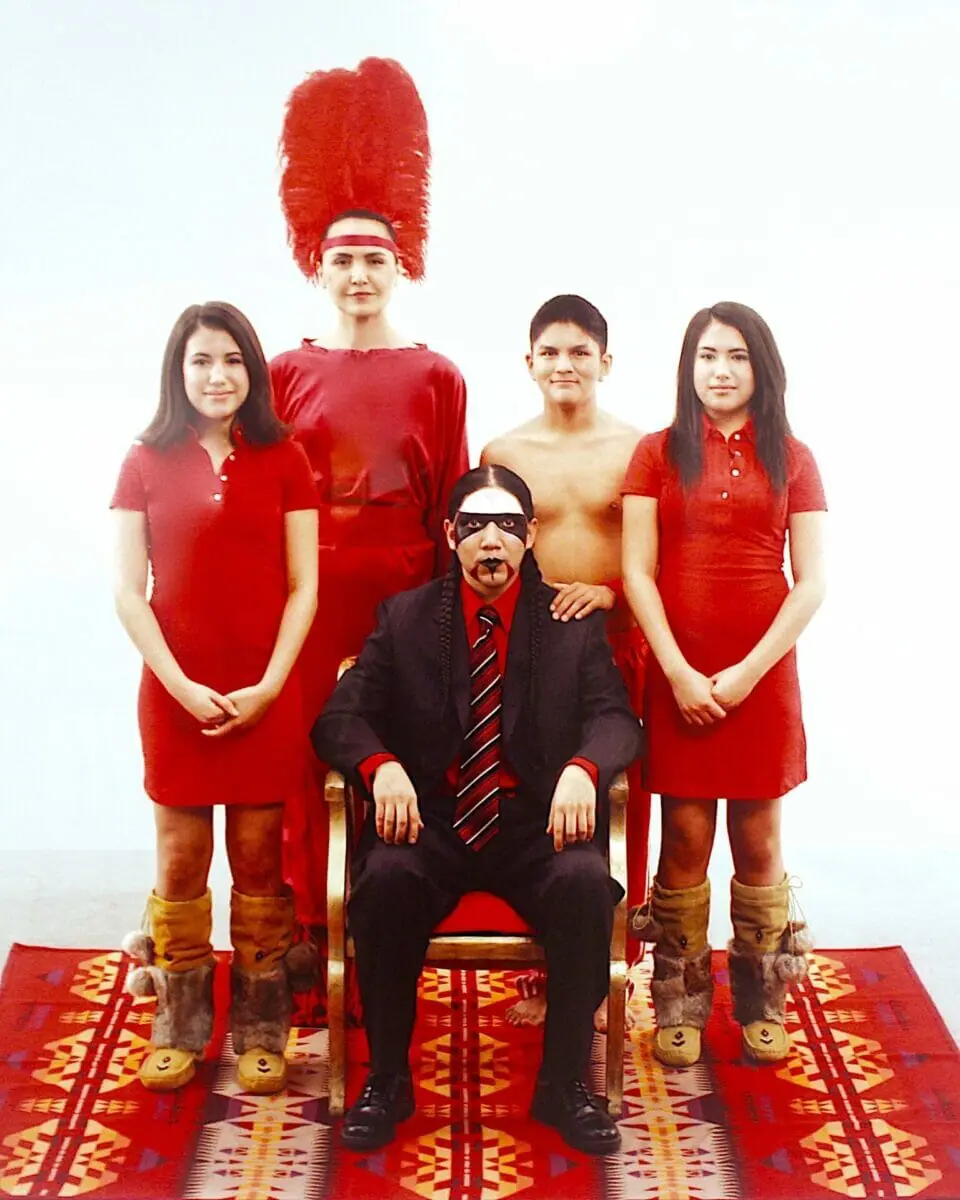Geri Musqua-LeBlanc has been an Elder-in-Residence at Dalhousie for less than two years, but already she has seen many changes for the better when it comes to Indigenous affairs at the university.
“Just from the faculty alone, their willingness to understand what reconciliation means and what they can do, how they can Indigenize their curriculum, their program,” she said, “to me, it’s positive.”
The Elder-in-Residence program caters to the spiritual and emotional needs of Indigenous students.
“However, we welcome students of all nations if they wish to come speak to an Elder,” Musqua-LeBlanc said. “Or a grandma, or a grandpa. Because grandmas and grandpas in Indigenous culture are very, very important. That’s where the young people get a lot of their support and encouragement.”
Aaron Prosper is one of those young people. He is a fourth-year neuroscience student from the Eskasoni Nation, located in the middle of Cape Breton about an hour’s drive off the Trans-Canada highway. He’s a member of the Dalhousie Indigenous Students Collective, which, according to its Facebook page, provides “recognition and representation of Indigenous peoples’ throughout the Dalhousie campus.”
Prosper has also noticed positive changes in his time at the school.
Among the improvements: a more accessible and open space for the Indigenous Students Centre, the Elders-in-Residence program, and the permanent installation of the Mi’kmaq flag.
“The big change I’ve seen is people are more aware. With the TRC (Truth and Reconciliation Committee,) because it’s in the media, there’s more people asking questions, more people wanting to know, you know – what are these issues in the Indigenous community, and how can we be a part of changing it?” he said. “In my first year, not that much awareness. It’s been growing.”
But as far as the school has come, both in its administration and its students body, Prosper says there is still more for the school to do. For example, the Admissions Review Committee published a review of the Faculty of Medicine, and found its support structures for Indigenous students severely lacking.
“There’s no Indigenous people getting into medicine at Dal. So, the question is, why?” said Prosper.
Another change he’d like to see: a better way for Indigenous members of the Dal community to connect, perhaps in the form of a designated space.
“There’s very little Indigenous faculty, not many Indigenous students, and everybody is spread out everywhere. There’s no infrastructure in place to be able to centre all these voices, make them unified. I think that’s an issue going forward that should be look at,” he said.
There’s clearly work to be done; but Musqua-LeBlanc still appreciates the strides the school has made, and continues to make.
“I really sincerely feel in my heart that Dalhousie is doing all it can to help make the university a welcoming place for Indigenous students. I really think that everyone is trying,” she said.
“There’s gonna be bumps – like I said, there’s 500 years of wrongs that have been done. And we’re certainly not looking to right all the wrongs. But we need to all get together and work together. And Dalhousie is on the path to doing that, I feel that strongly in my heart.”
“I agree with it totally,” said Prosper when he was presented with Musqua-LeBlanc’s sentiment.
“I think the university is doing all it can, but then on the other hand as an advocate for Indigenous students, I think it’s important to not let go of the advocacy – to not become complacent.”


Recent Comments